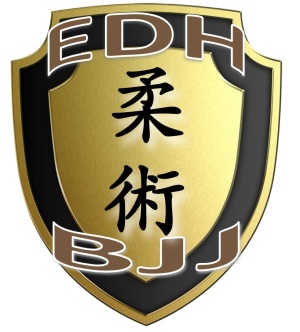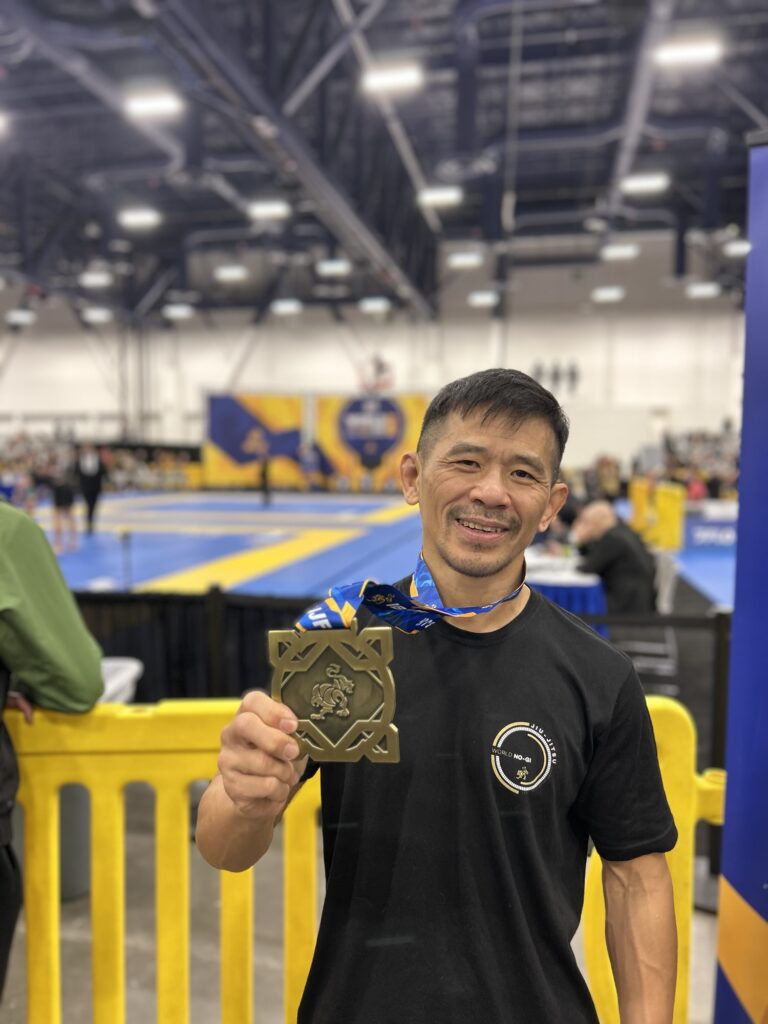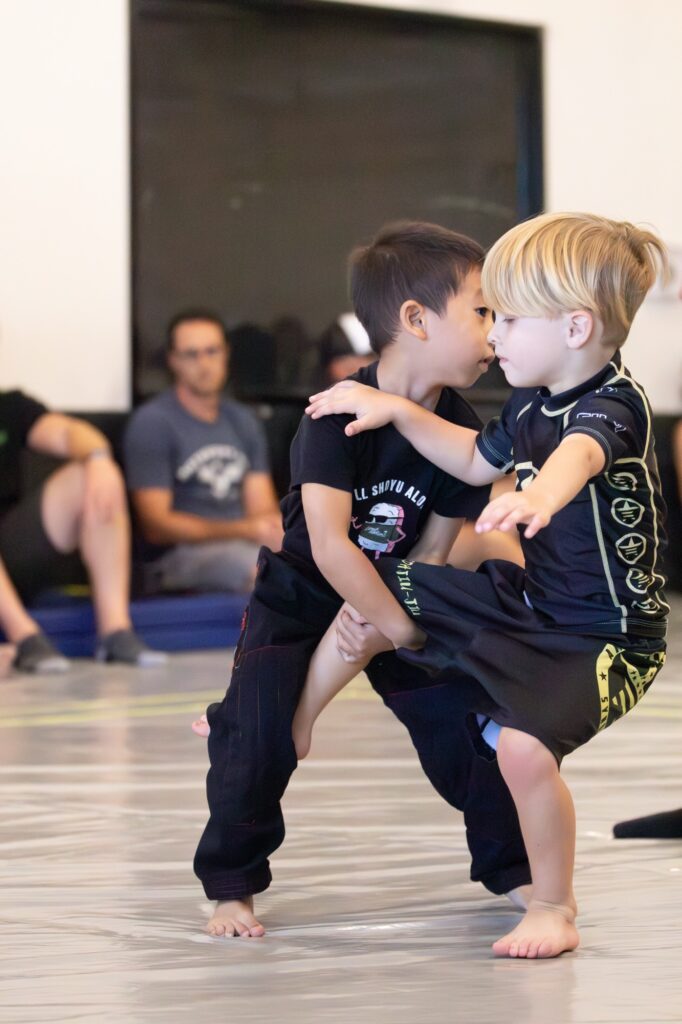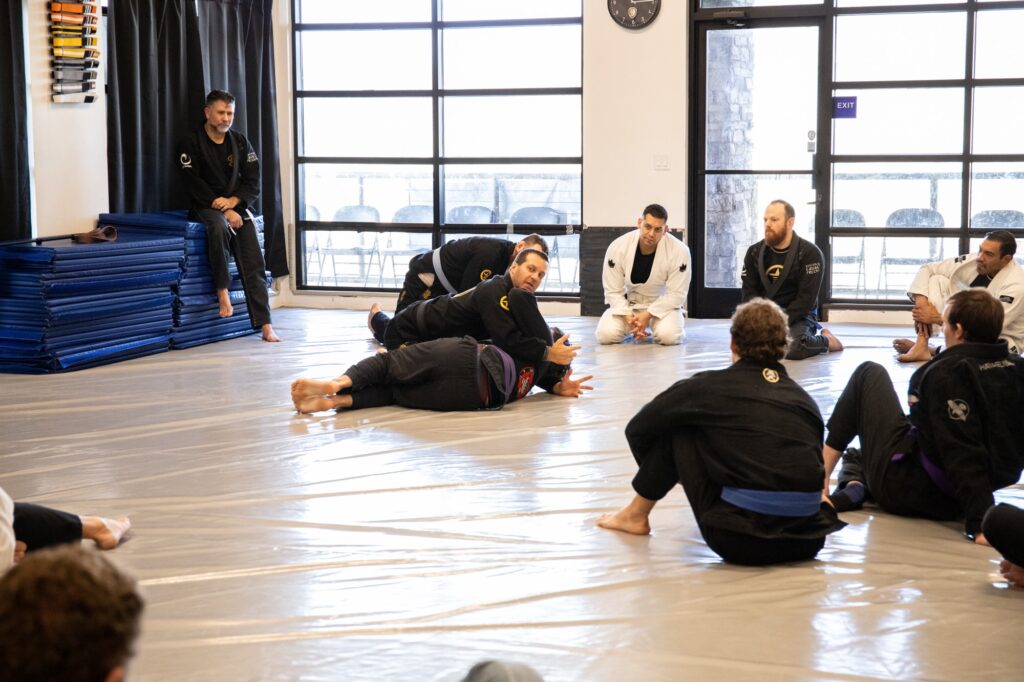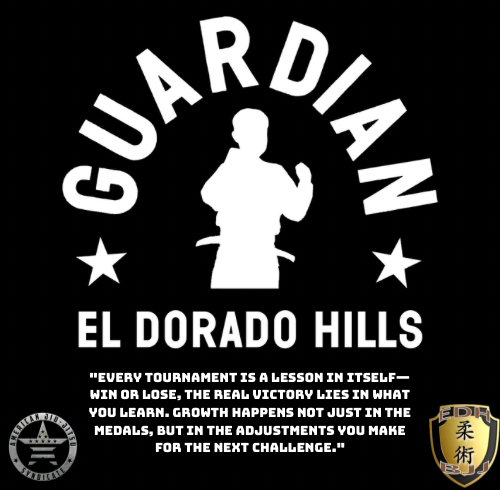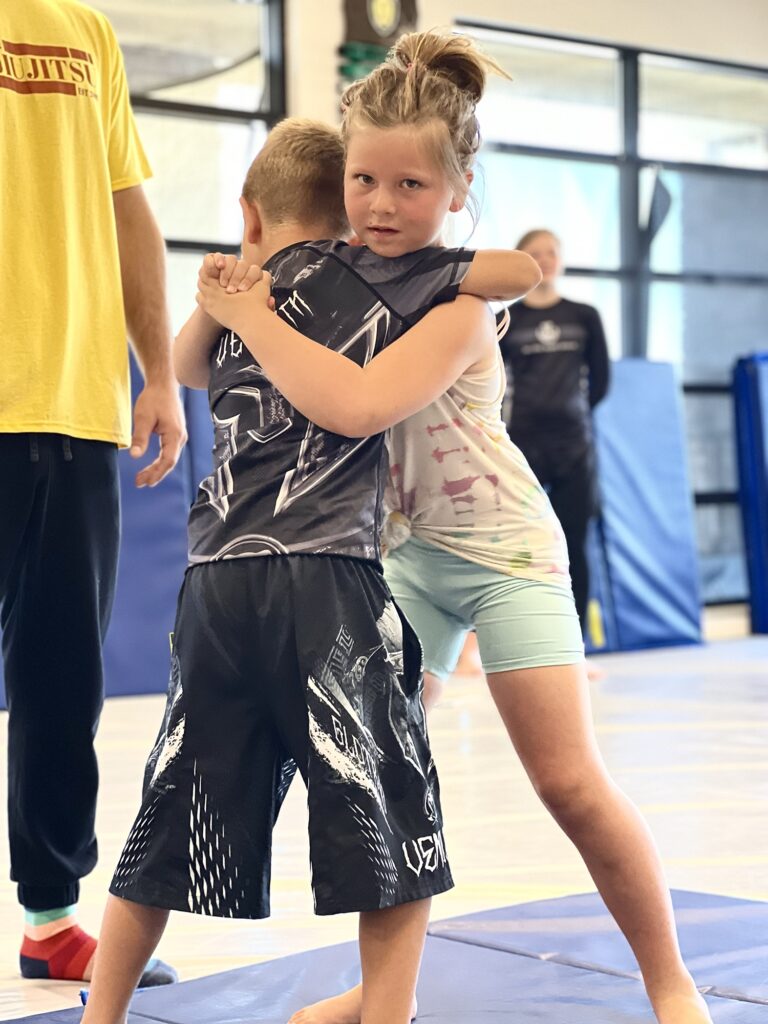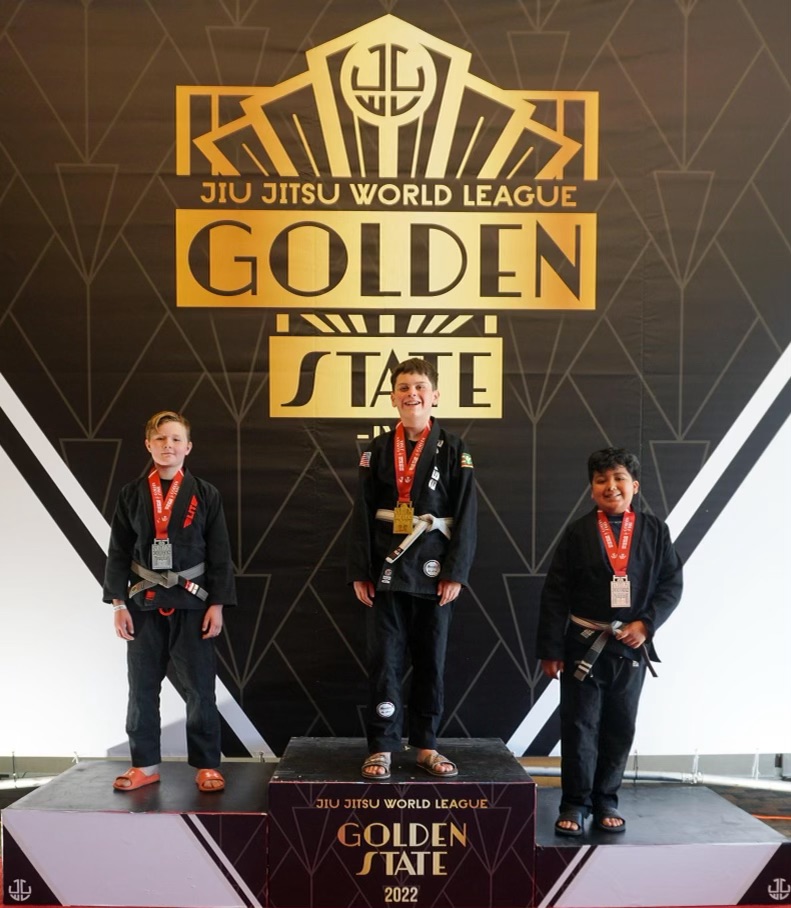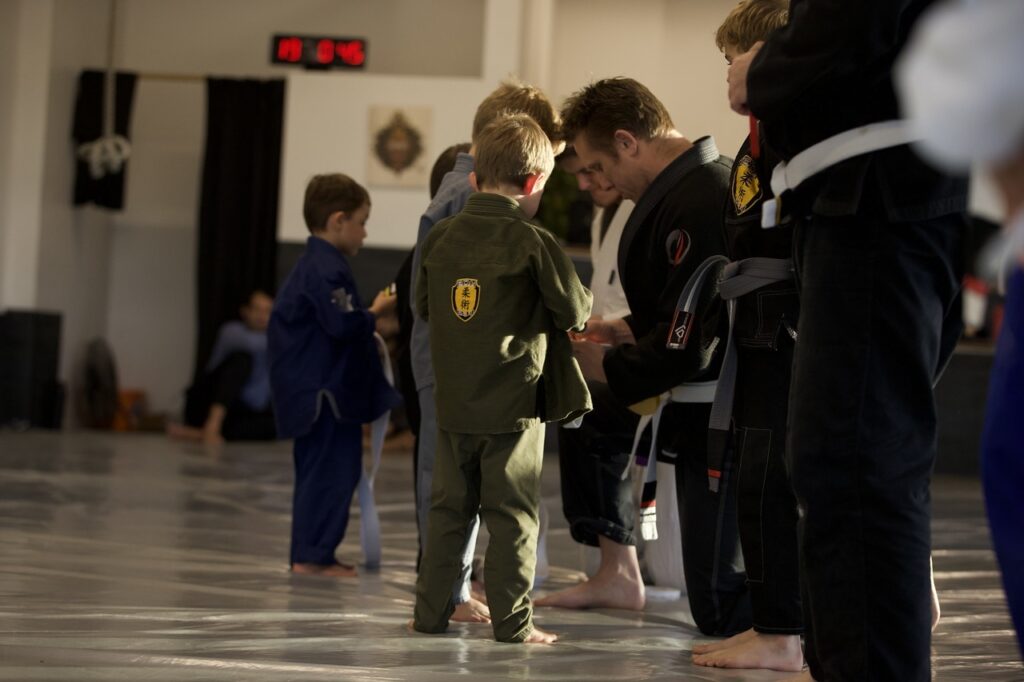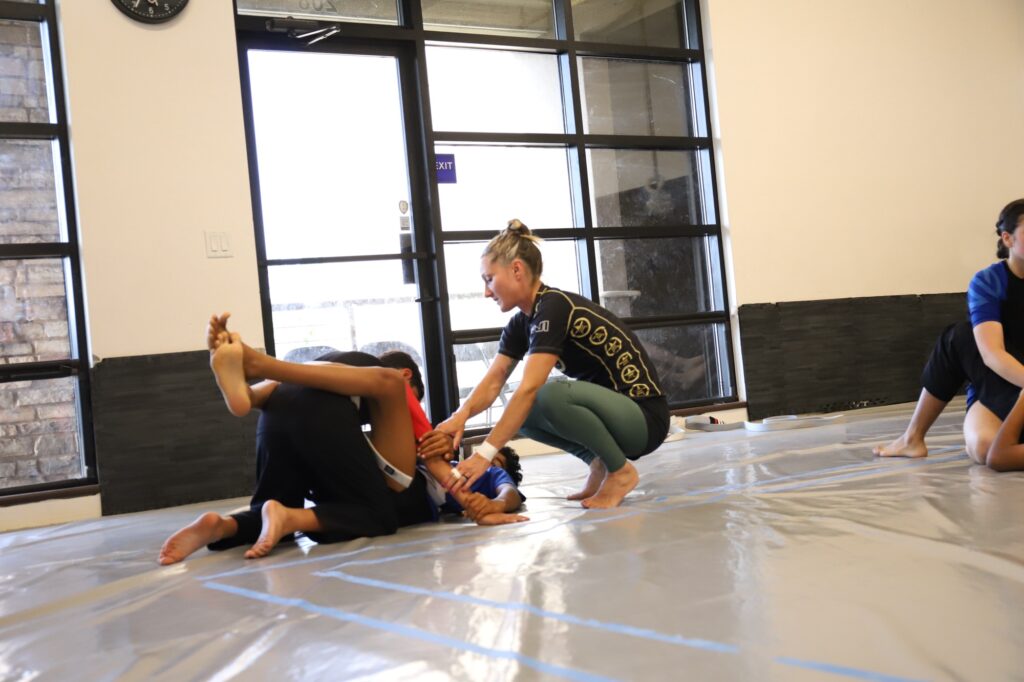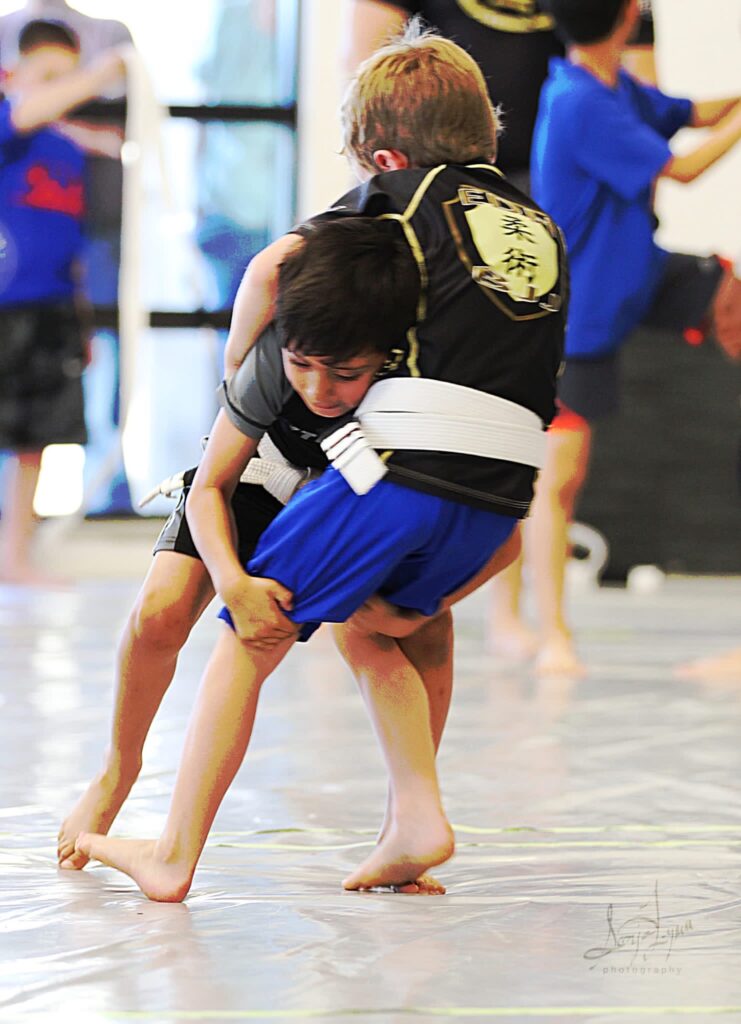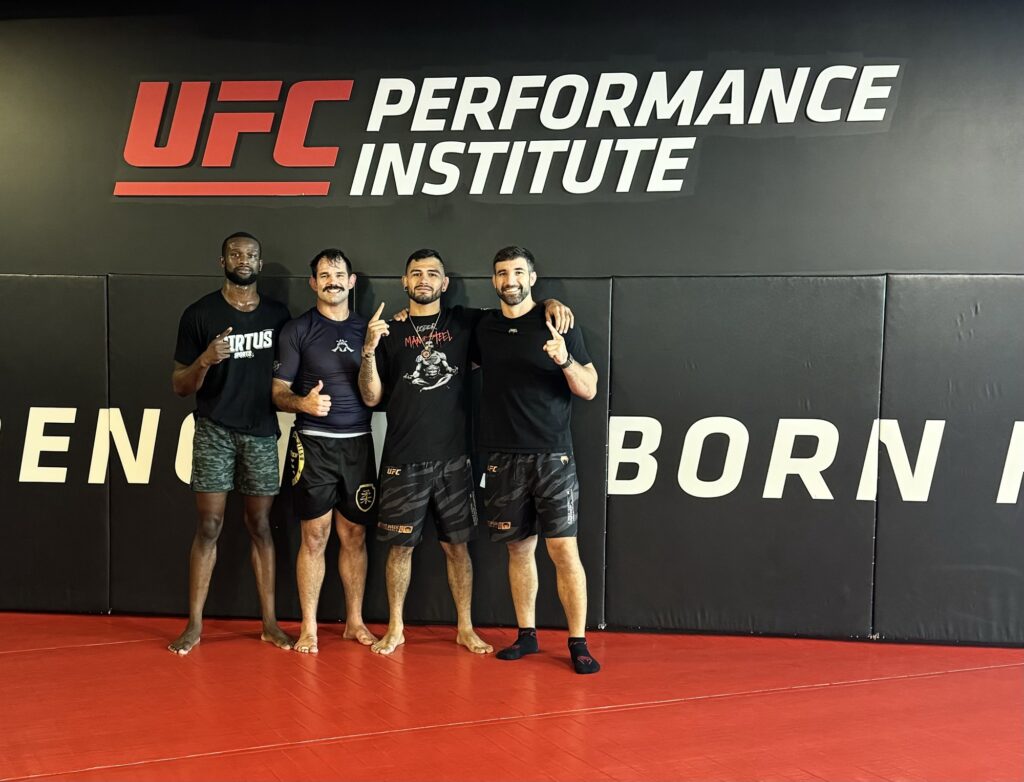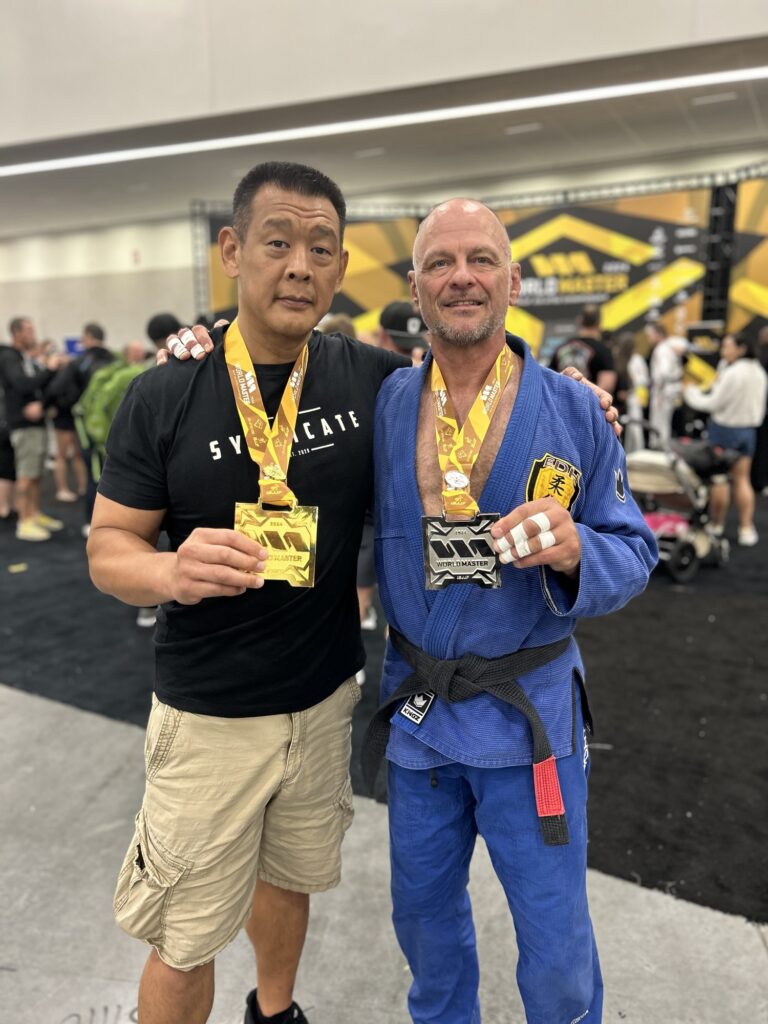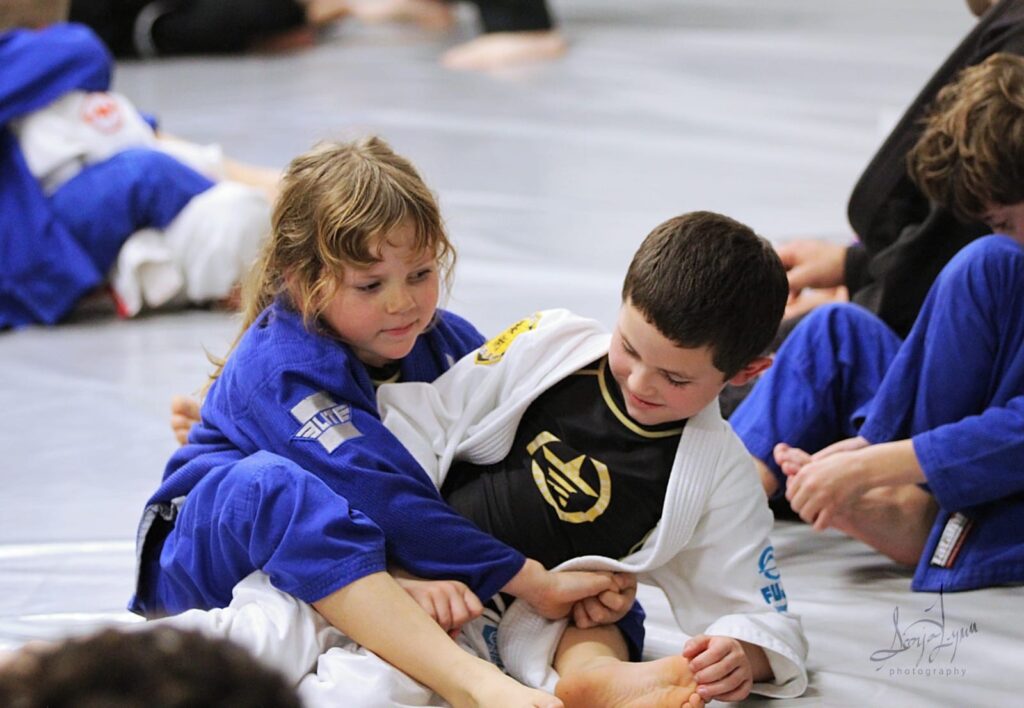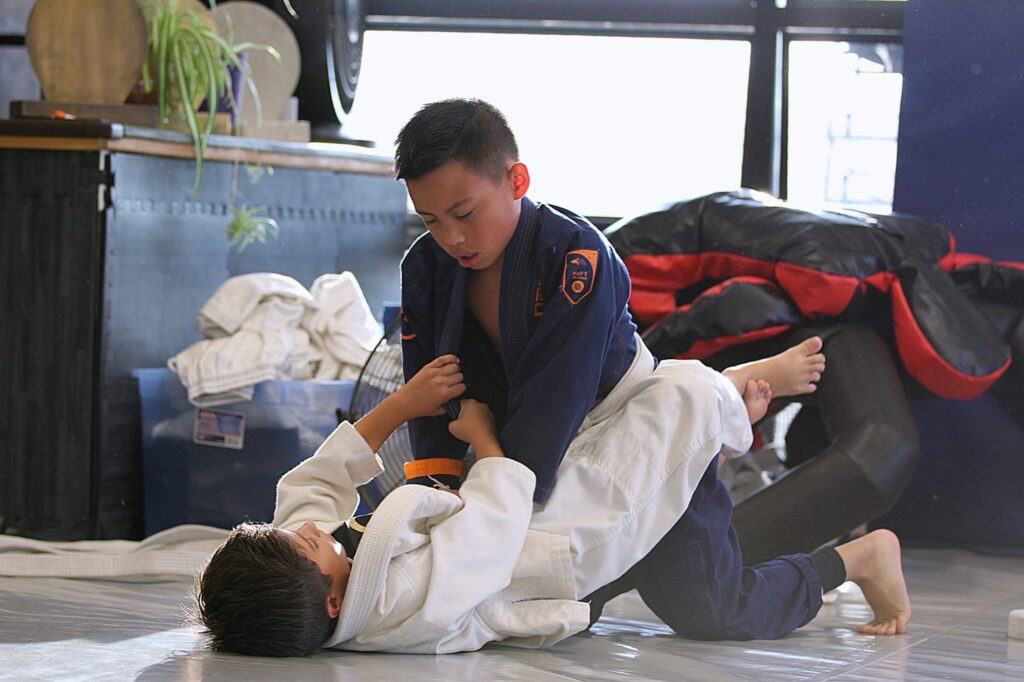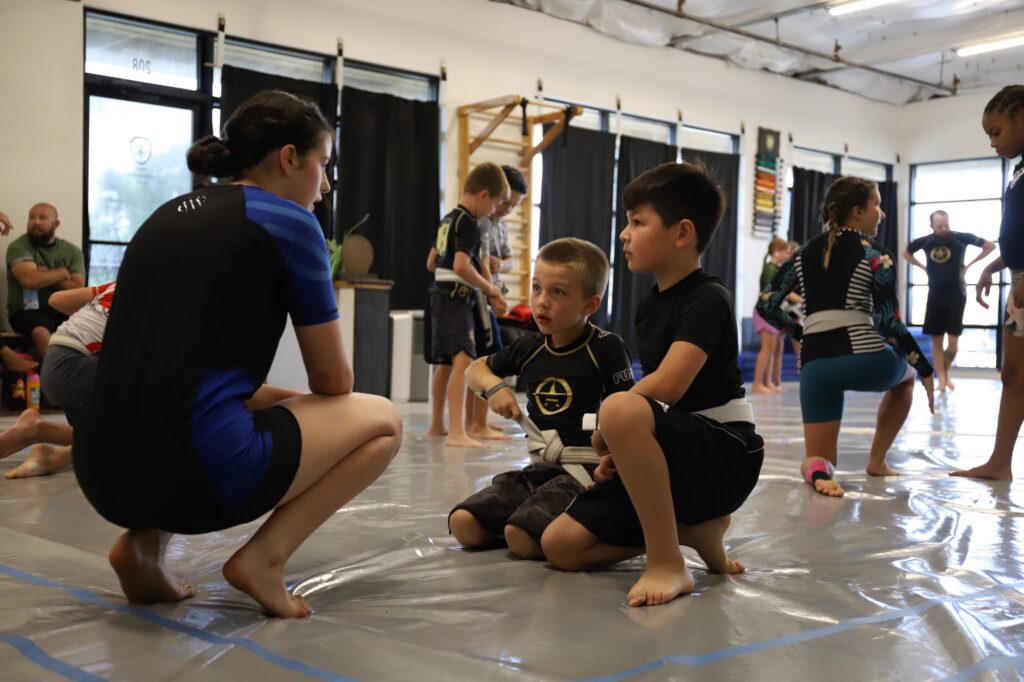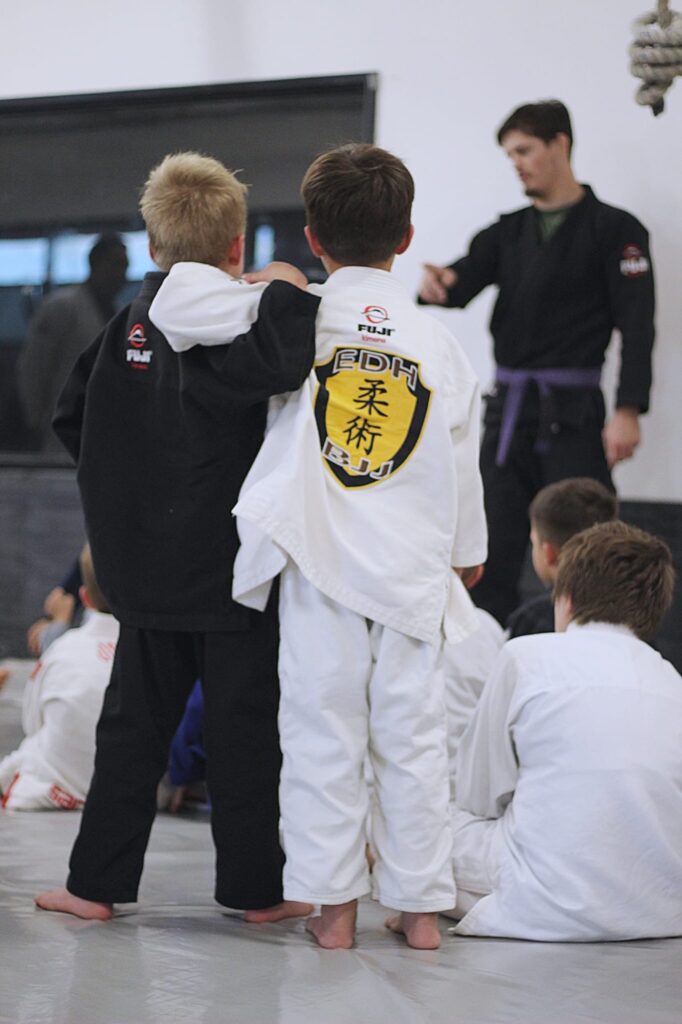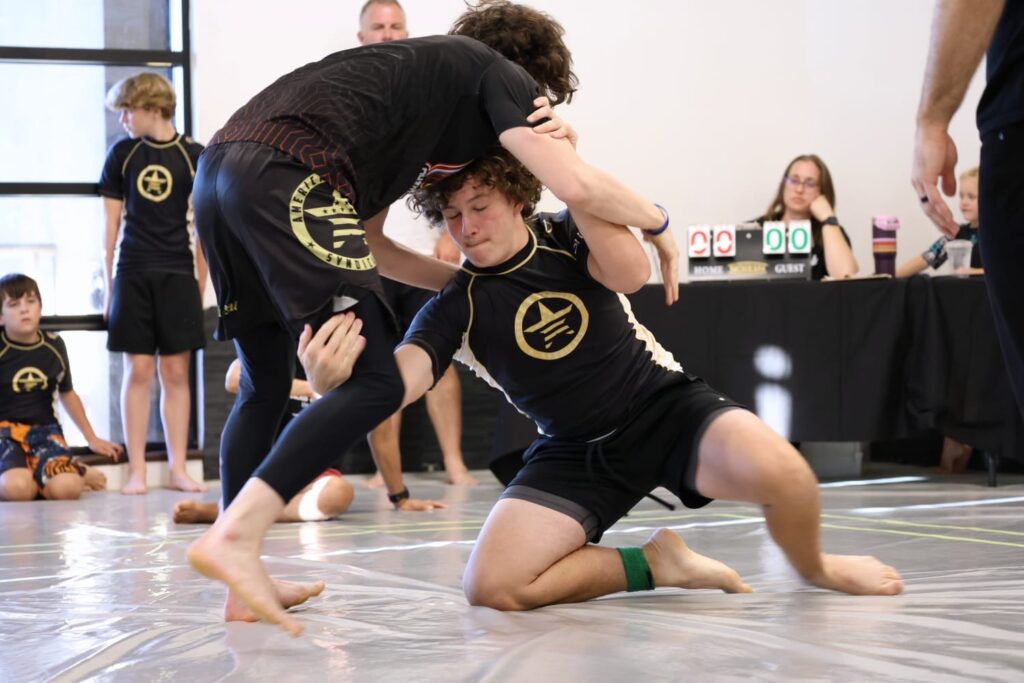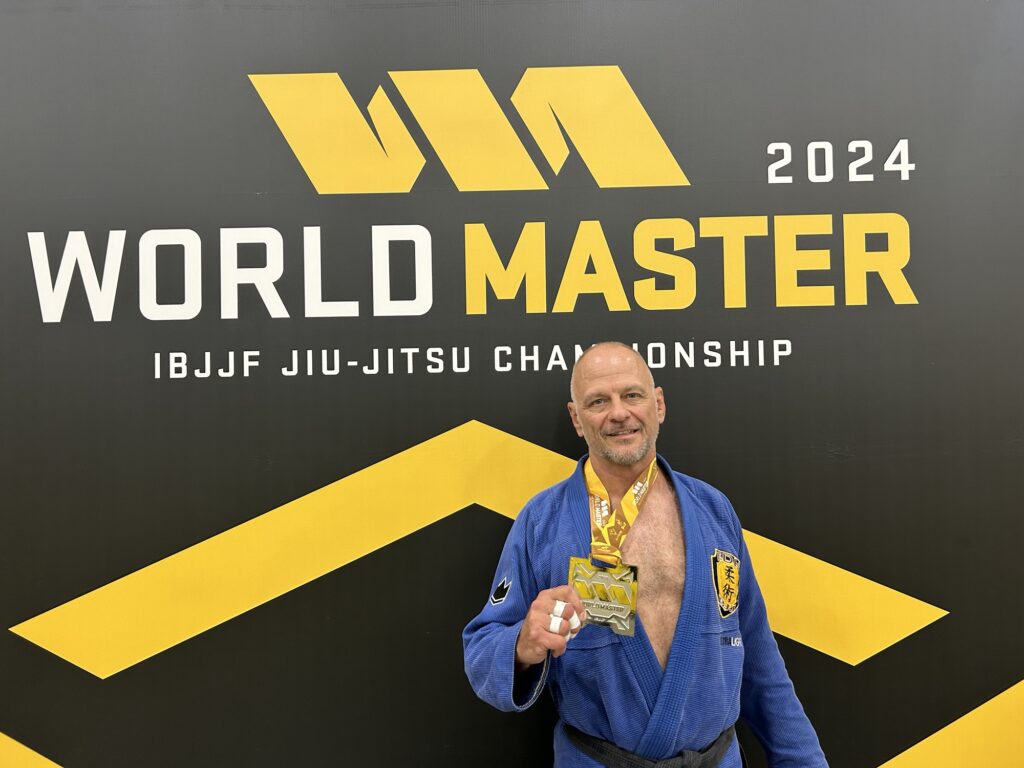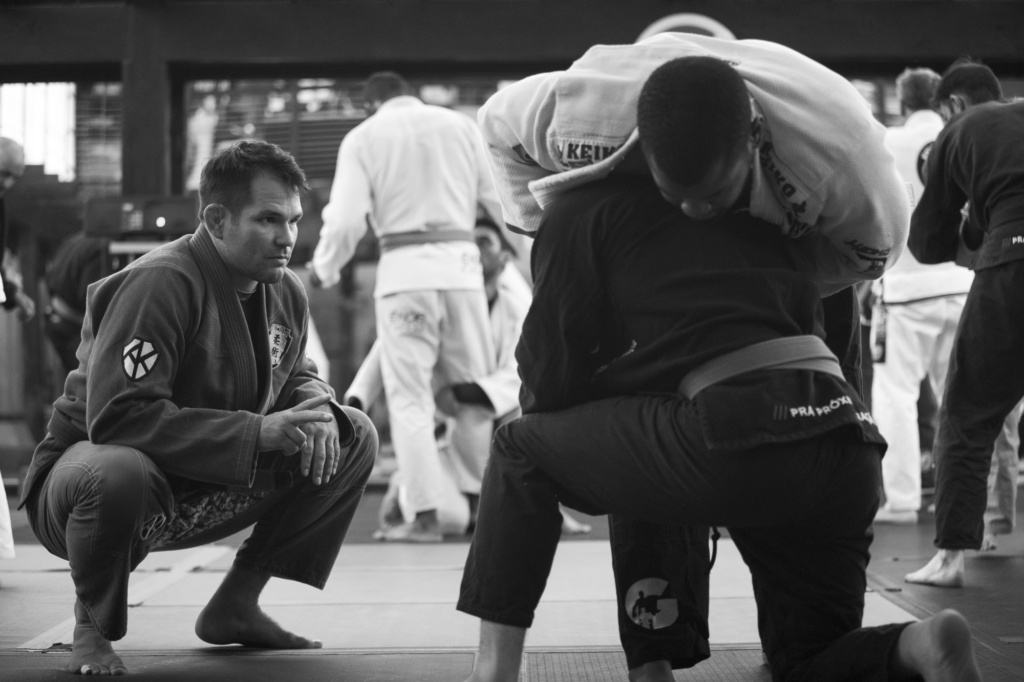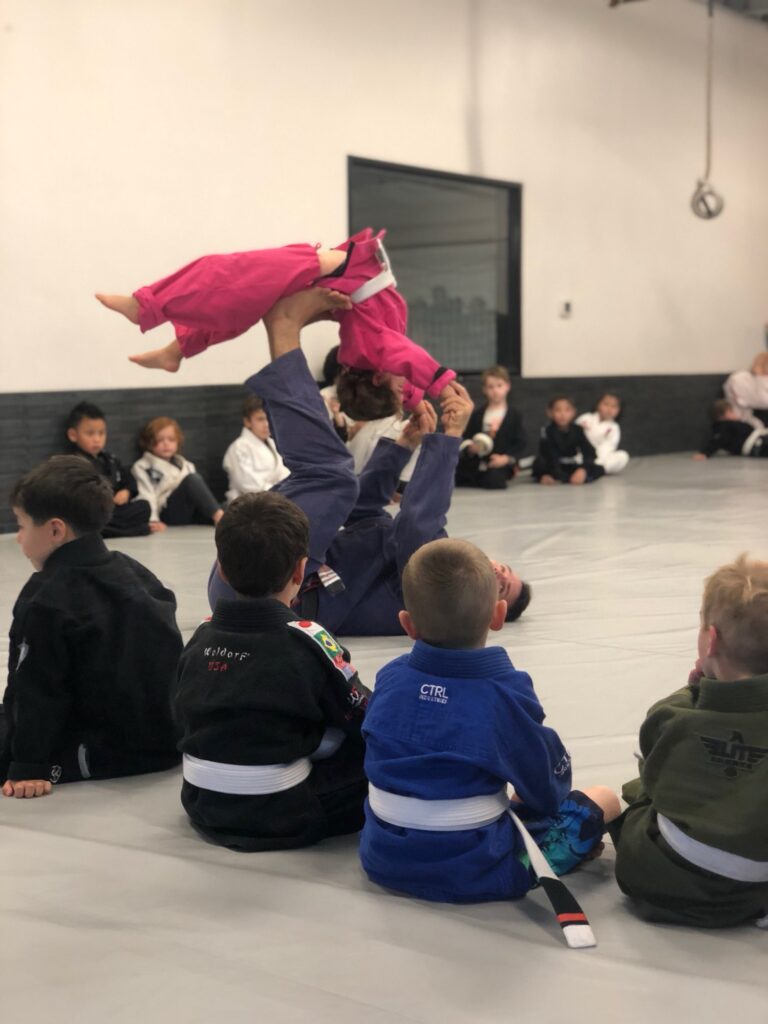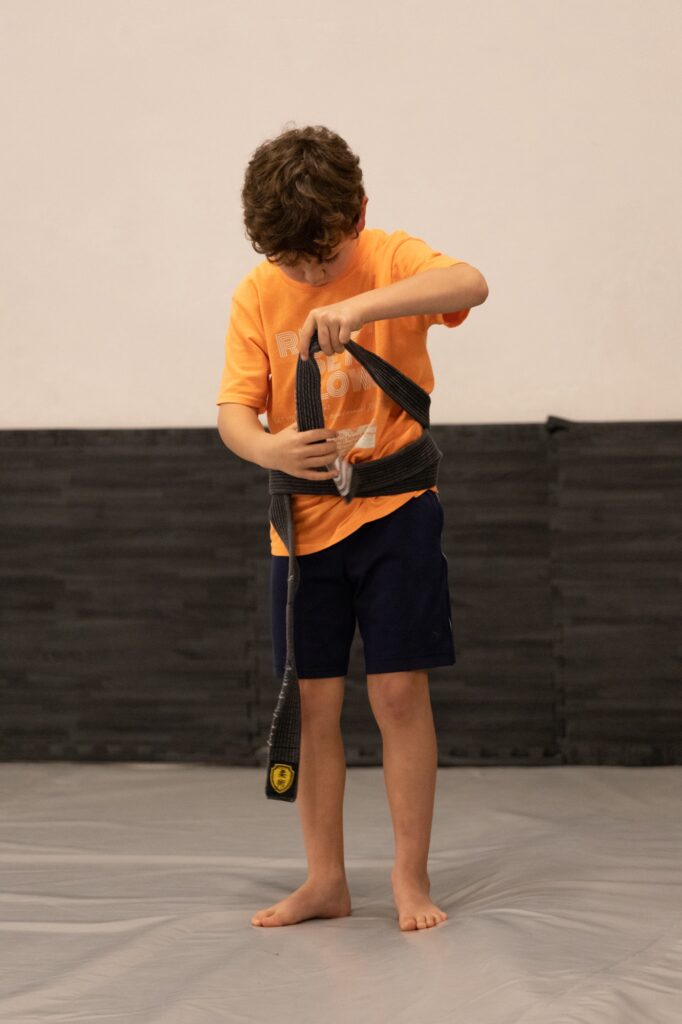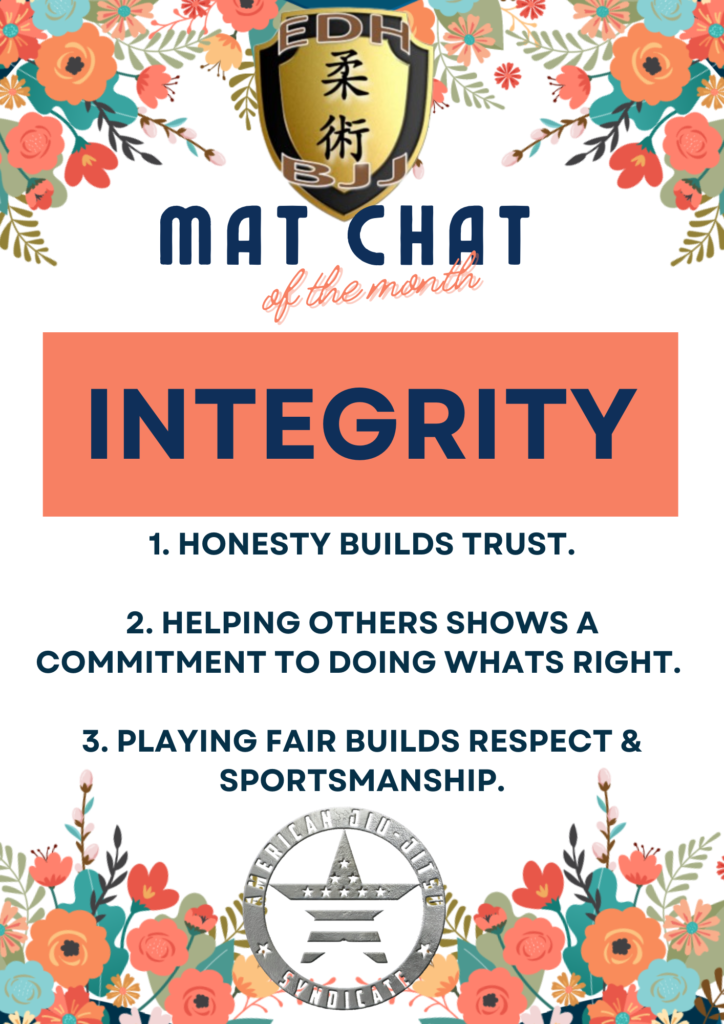Kobe Bryant’s legendary work ethic and relentless mindset—what he called the “Mamba Mentality”—made him one of the greatest athletes of all time. His approach to training, competition, and personal growth extended far beyond basketball and offers valuable lessons for Jiu Jitsu practitioners of all levels. At El Dorado Hills Jiu Jitsu, we believe in pushing ourselves to improve daily, and Kobe’s mindset provides a blueprint for doing just that.
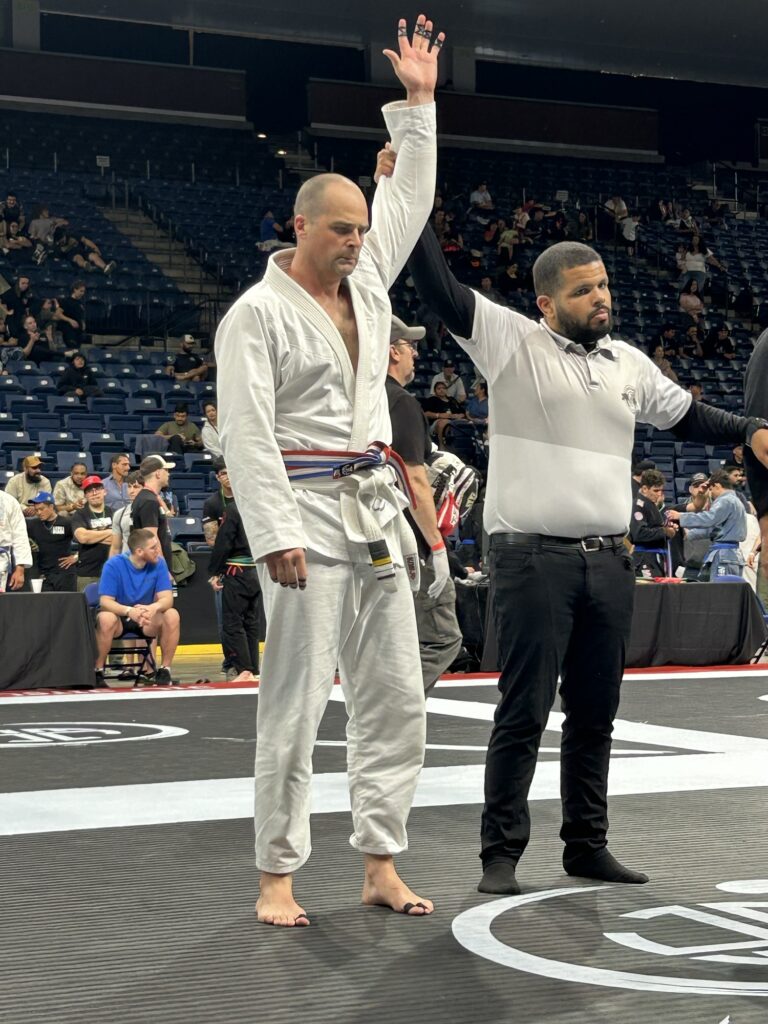
1. Obsession with Improvement
Kobe was famous for his early morning workouts, often training at 4 AM before team practices. His dedication to skill development was unparalleled, constantly refining his footwork, shooting mechanics, and mental approach to the game.
In Jiu Jitsu, this level of commitment translates to drilling with purpose, watching tape, and staying after class to refine techniques. It means coming in on days you don’t feel like training and focusing on the smallest details—because those details separate good from great.
2. Embracing Discomfort and Failure
Kobe saw failure as an essential part of growth. After missing critical shots or losing in the playoffs, he didn’t dwell on disappointment; instead, he used those moments as fuel to improve.
Jiu Jitsu is filled with moments of frustration—getting submitted in training, struggling with a new technique, or plateauing in progress. The Mamba Mentality teaches us to embrace these challenges rather than fear them. Each tap is an opportunity to learn. Every tough roll makes you better.
3. Relentless Work Ethic
Kobe was known for his grueling training sessions and unwillingness to be outworked. Even after winning championships, he never let success make him complacent.
Jiu Jitsu rewards those who show up consistently. Whether you’re a white belt or a black belt, embracing the grind—drilling fundamental movements, sharpening techniques, and improving conditioning—separates champions from the rest. Hard work is the ultimate equalizer.
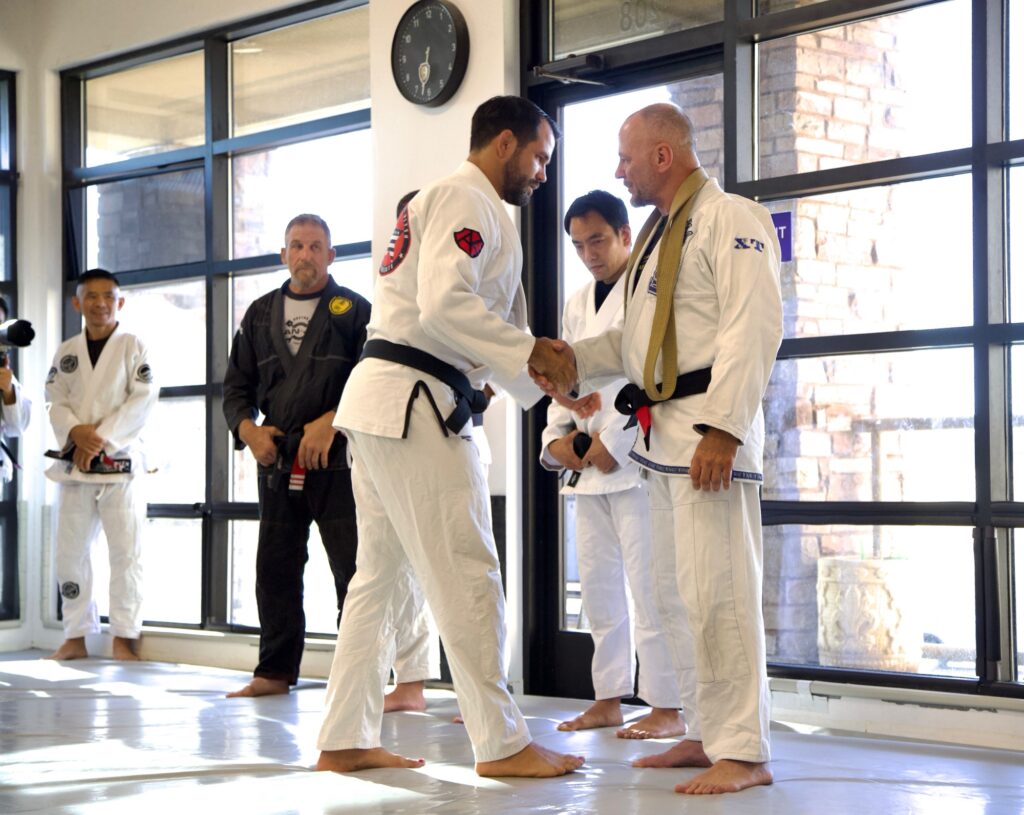
4. Mental Toughness in the Face of Adversity
Kobe played through injuries, personal struggles, and exhaustion, refusing to let anything stop him from giving his best. His mental resilience allowed him to dominate even when the odds were against him.
In Jiu Jitsu, mental toughness is just as important as physical skill. Whether it’s fighting through fatigue in competition, pushing past self-doubt, or staying disciplined when progress feels slow, a strong mind is essential to success on the mat.
5. Leaving a Legacy
Kobe’s impact wasn’t just about his personal achievements; he inspired countless others through his mentorship, storytelling, and leadership. He believed in sharing his knowledge and lifting others up.
At EDH Jiu Jitsu, we strive to foster this same mindset. Whether you’re a beginner or a seasoned practitioner, you have the opportunity to inspire those around you. By training with passion, helping teammates improve, and leading by example, you contribute to a legacy that extends beyond individual accomplishments.
Embrace the Mamba Mentality on the Mat
Kobe Bryant’s philosophy wasn’t just about basketball—it was about how to approach life. Applying his mindset to Jiu Jitsu means showing up every day with purpose, embracing adversity, and striving to be just a little better than you were yesterday.
So the next time you step on the mat, ask yourself: Am I training with the focus, work ethic, and determination of a champion? If not, it’s time to level up.
